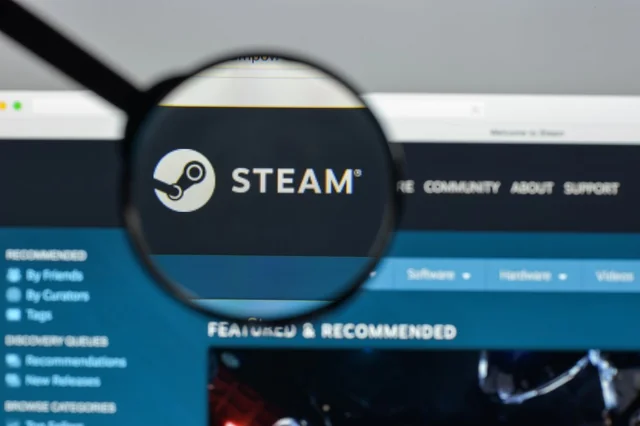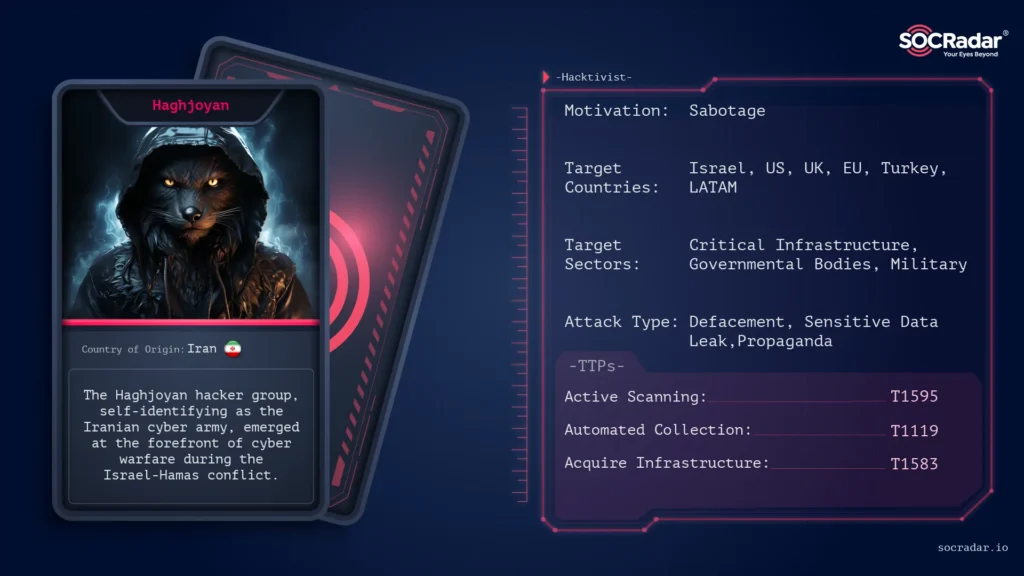
Hackers Target Steam Users Again with Fake Game Demo, Marking Second Incident This Month!
Hackers are once again targeting Steam users with a fake game demo, marking the second security breach this month. Here’s what you need to know about the incident and how to protect yourself.
In a concerning development for gamers, hackers have once again targeted Steam users with a fake game demo, marking the second major incident this month. This breach involves the distribution of malicious software disguised as a game demo, fooling users into downloading a harmful file that could compromise their security. As the digital gaming world continues to expand, so does the threat of cyberattacks. In this article, we’ll break down what happened, how hackers are exploiting Steam, and what you can do to protect yourself from falling victim to these scams.
The Latest Steam Security Breach
Hackers have found a new way to exploit the popularity of Steam’s demo system. According to reports, the fake game demo was advertised as a legitimate title available for download. Users who clicked on the demo were unknowingly downloading malicious software instead. The deceptive game demo appears legitimate, but it was created by hackers with the goal of tricking users into running malicious code on their systems.
This is the second time this month that Steam users have been targeted in such a fashion, highlighting a growing trend of cybercriminals using gaming platforms as a means to distribute malware. The scammers are capitalizing on the trust that players place in the platform, utilizing the excitement around new demos and releases to lure in unsuspecting victims.

How the Fake Demo Works
The attack is designed to look like a typical Steam game demo, which users can freely try out before deciding whether to purchase. However, once downloaded and launched, the demo triggers the installation of malware or ransomware on the user’s system. This can lead to various outcomes, including:
- Data Theft: Hackers may access personal files, credentials, and other sensitive data on your computer.
- Ransomware: In some cases, malware may lock your files and demand a ransom to unlock them.
- System Compromise: The malicious software could create backdoors for hackers to access your system remotely, potentially using it for further attacks.
The malware is often disguised well enough to evade detection by antivirus software or Steam’s own security systems, making it difficult for users to identify it before it’s too late.
Why Is Steam Being Targeted?
Steam, with over 120 million active users, remains one of the largest and most popular digital gaming platforms in the world. Its wide user base makes it a prime target for cybercriminals seeking to exploit unsuspecting gamers. Additionally, Steam’s frequent release of game demos and early-access content creates an environment where new and curious users are likely to click on demos without a second thought, increasing the chances of success for malicious attacks.
The Second Incident This Month
This recent attack is not an isolated event. Just a few weeks ago, a similar incident occurred, where hackers distributed fake game demos that included malware disguised as legitimate content. The frequency of these attacks within such a short span of time raises concerns about the effectiveness of current security measures in place on the platform.

For Steam users, this creates a sense of uncertainty and fear that their personal information may be compromised at any moment. The repeated incidents indicate that hackers may be actively targeting Steam users as a priority, and more incidents could follow unless further action is taken.
How to Protect Yourself from Fake Game Demos
While these attacks are troubling, there are steps you can take to protect yourself from falling victim to this type of scam:
- Avoid Downloading Demos from Unknown Sources: Always download game demos directly from the Steam store. Be cautious of third-party sites or unverified links that offer “free” demos, as these can be breeding grounds for malware.
- Check the Game’s Official Page: Before downloading, double-check the game’s official page and reviews on Steam. Look for any signs of suspicious activity or inconsistencies in the game’s description or feedback from other users.
- Keep Your Antivirus Software Updated: Ensure that your antivirus software is up-to-date to detect and block potential threats. Many security programs offer real-time scanning, which can prevent malware from installing.
- Enable Two-Factor Authentication (2FA): Enabling 2FA on your Steam account adds an extra layer of protection in case your account credentials are compromised.
- Be Wary of Unusual Behavior: If a demo behaves strangely or requests unusual permissions, don’t hesitate to cancel the download. Any suspicious activity should be taken seriously.
- Report Suspicious Demos: If you encounter a fake game demo, report it immediately to Steam Support. The quicker these incidents are reported, the faster Steam can remove malicious content and prevent others from falling victim.
Conclusion:
The recent rise in fake game demos on Steam is a stark reminder of the importance of vigilance in the digital age. As hackers continue to target popular platforms like Steam, it’s crucial for gamers to stay informed about potential security threats. By following basic security practices and being cautious when downloading new content, you can protect yourself from falling prey to these scams. If you’ve already been affected by these attacks, make sure to update your passwords, run security scans, and contact Steam Support to report the incident. Stay safe and keep your gaming experience secure!

Share this content:











Post Comment